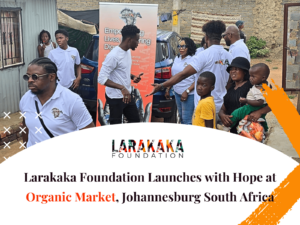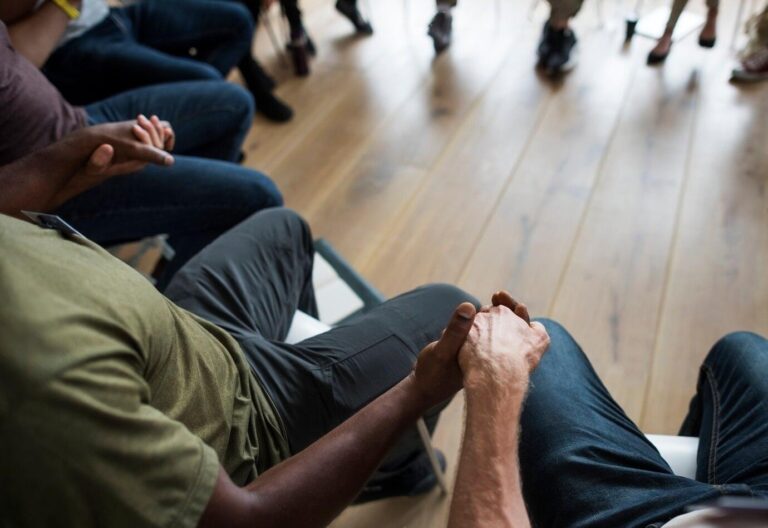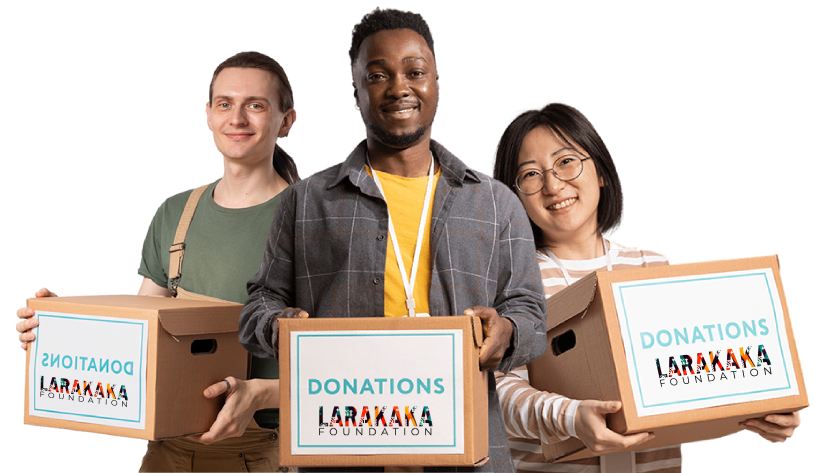In the face of poverty and economic inequality, providing basic necessities such as food and clothing is a critical first step in addressing the urgent needs of vulnerable populations. These essential resources not only sustain life but also restore a sense of dignity and hope to those in need. This article explores the profound impact of food distribution and clothing assistance, emphasizing their role as foundational interventions in combating poverty.
The Role of Food Assistance
Hunger remains one of the most immediate and devastating effects of poverty. Access to adequate nutrition is essential for physical health, cognitive development, and overall well-being. Food assistance programs, whether in the form of meal distributions, food banks, or emergency relief efforts, play a vital role in ensuring that individuals and families do not go hungry.
- Immediate Impact: Providing food to those in need helps prevent malnutrition, which can lead to severe health issues, particularly among children and the elderly.
- Community Benefits: Regular food distributions foster a sense of community and solidarity, creating networks of support that extend beyond the provision of meals.
The Importance of Clothing Assistance
Clothing is another basic need that often goes unmet in underprivileged communities. Beyond providing warmth and protection, clothing contributes to an individual’s dignity and self-esteem, which are crucial for social and professional integration.
- Dignity and Self-Worth: Access to clean, appropriate clothing helps individuals feel respected and valued, which can be especially significant for children attending school or adults seeking employment.
- Seasonal Needs: During harsh weather conditions, proper clothing can prevent illnesses and provide much-needed comfort to those living in precarious conditions.
Addressing Immediate Needs as a Pathway to Long-Term Solutions
While food and clothing assistance address critical short-term needs, their impact often extends far beyond immediate relief:
- Health and Well-being: Access to nutritious food improves physical health, while adequate clothing reduces the risk of exposure-related illnesses. Together, these interventions create a foundation for individuals to focus on other aspects of their lives, such as education and employment.
- Social Inclusion: Meeting basic needs allows individuals to participate more fully in society, reducing the stigma often associated with poverty.
- Catalyst for Change: Providing essential resources can serve as a starting point for broader support programs, such as skills training or healthcare access, enabling individuals to achieve self-sufficiency.
Challenges and the Way Forward
Despite their importance, food and clothing assistance programs face challenges, including limited resources, logistical issues, and the need for sustainable funding. To overcome these barriers, partnerships with local organizations, businesses, and volunteers are essential. Additionally, incorporating strategies for community empowerment can ensure that these initiatives lead to long-term improvements in quality of life.
Conclusion
Addressing immediate needs through food and clothing assistance is not just about providing temporary relief; it is about restoring hope, dignity, and a sense of possibility to those in need. By focusing on these essential interventions, we can lay the groundwork for more comprehensive and sustainable solutions to poverty, creating pathways to a brighter and more equitable future.









